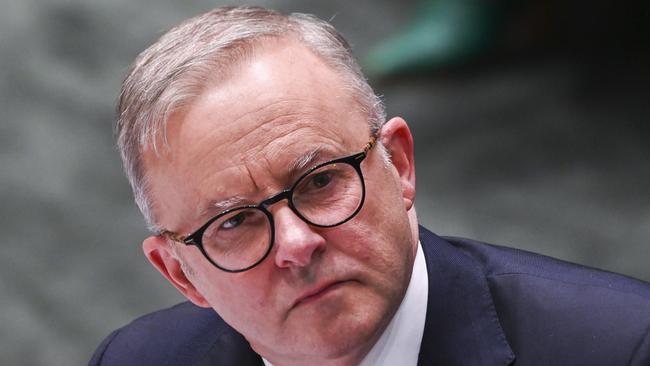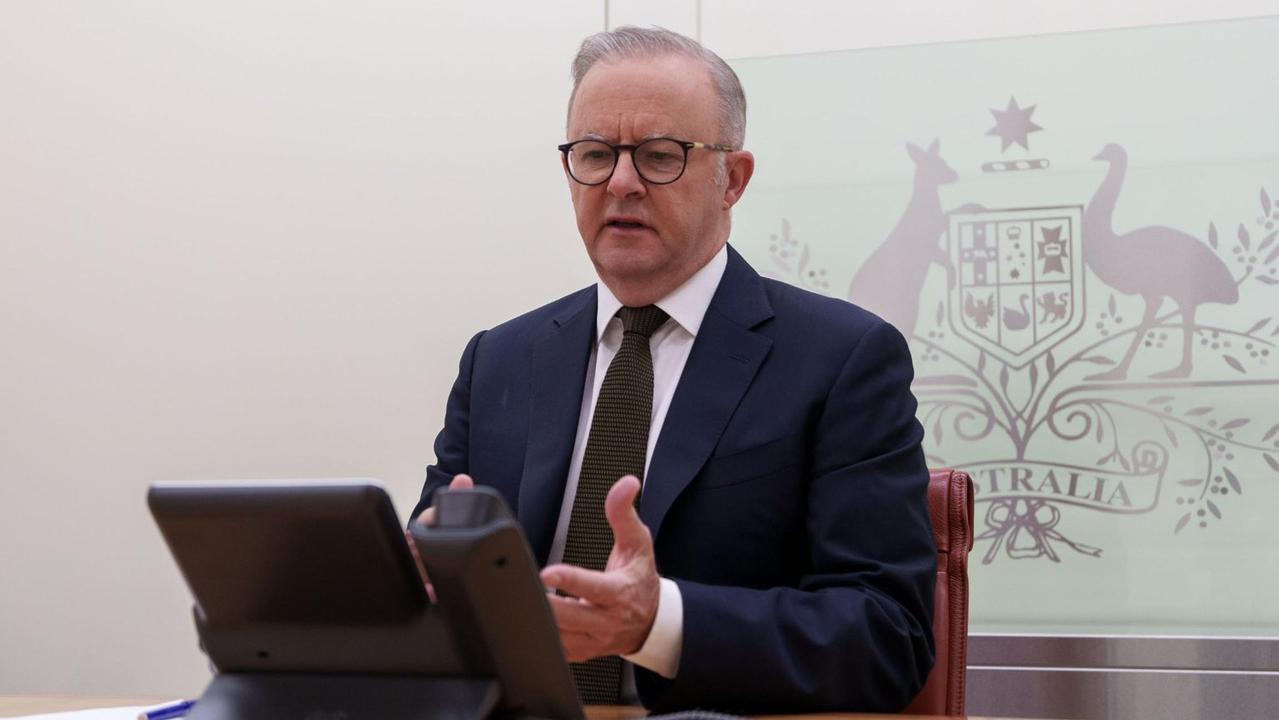
Anthony Albanese’s plans to pass sweeping industrial relations laws before Christmas are under extreme duress because of Labor’s lack of preparation and real consultation.
During the election, Labor provided no detailed proposals for change; since the election, it has given no evidence either productivity gains or wage rises would result from the changes.
The legislation was introduced even as Tony Burke flags even more unspecified amendments to a rushed draft proposal that can only mean more confusion and uncertainty.
What’s more, claims of consultation with business, employers and independent MPs and senators are proving hollow and counter-productive.
With two parliamentary sitting weeks left before the summer break’s “urgent deadline” and opposition from all sides, Labor has not mounted a cogent argument for the changes on economic grounds nor convinced opponents of their worth.
Labor did not spell out the detail of its plans to change industrial bargaining before the election and so faces demands from independent senators and MPs to delay because it lacks a mandate and there is not enough time to properly assess the impact of the changes.
The cover of consultation at the jobs summit after the election with business has been blown.
Even as the Employment Minister stood in parliament on Wednesday to argue that the government had “the most consultative process” on industrial relations with employers and businesses while allowing extensive consideration for a Senate inquiry, employers were doubling down on their opposition and independents were still demanding more time.
Apart from a pledge to get “wages moving” and a promise to deliver “the next national productivity reforms to secure our future for the coming decades”, Labor provided little else of substance and no evidence to demonstrate the changes to the Rudd-Gillard Workplace Relations Act would be more productive and lift wages.
The political danger for Labor is real, as is the potential economic damage from rushed industrial relations changes.



